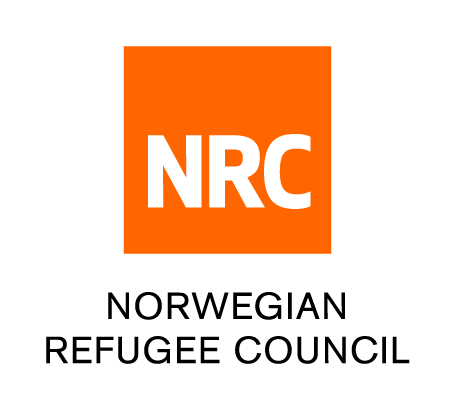The Norwegian Refugee Council (NRC) is an independent, humanitarian, non-profit, non-governmental organisation, which provides assistance, protection and durable solutions to some of the world’s 42 million refugees and internally displaced persons.
With humanitarian assistance programmes in 20 countries, NRC assists people to claim their rights, access available remedies, and recover from the effects of abuse and violations. NRC’s Information, Counselling and Legal Assistance (ICLA) supports beneficiaries in claiming and exercising their rights. ICLA provides information, counselling, legal assistance, collaborative dispute resolution, capacity- building and advocacy activities. An increasingly important area of NRC’s legal aid work supports displaced women as they seek to enforce their housing, land and property (HLP) rights.
Members:
Resources
Displaying 21 - 25 of 48Colombia: government "peace process" cements injustice for IDPs
Forced displacement in Colombia is primarily a way to seize agricultural land from peasants and small farmers, and only to a lesser degree the unintended consequence of fighting between warring parties. (...)
Download the report
Burma: Displaced Karens. Like Water on the Khu Leaf
War disrupts the normal relationship between people and place.
Displaced by war, people must adapt to survive, both physically and
socially. When people are displaced for a long time, these
adaptations become normal; thus displacement starts as an
aberration but becomes a constant way of life. In eastern Burma,
'normal' displacement has led to significant changes in the political,
cultural and economic relationships between Karen people and their
'place' - both the physical space they occupy and their position in
Zana e maleve - Young people and the territory: the local community towards the european family.
General
Project started in April 2018.
General objective: Contribute to the promotion of a sustainable and inclusive socio-economic model in Northern Albania and support the country integration in the EU.
Specific objective: To consolidate and extend economic activities and strengthen the role of the community in Malesi e Madhe for the protection and promotion of their own territorial heritage.
The expected results of the project are:
R1: Employment opportunities, especially for young people, diversified and extended through the support to family-run businesses and agro-tourism services.
R2: Level of empowerment of local communities strengthened by initiating forms of community involvement in the management of services and by institutionalizing the figure of the Local Development Agent.
R3: Registration program of land property initiated in the target area and replicable good practices in other areas with same difficulties tested.
Direct beneficiaries of the project are 50 young families present in the area, 300 small entrepreneurs and subjects directly involved in production activities and in the agro-tourism and tourism sector, 2,000 families receiving primary services, 360 owners of land participating to the pilot program of land registration.
During the first year the project carried out the following main activities:
i) launch of the Incubator of typical products of Rec
ii) launching training courses for young people in the area
iii) start of training on Local Development Agents
iv) Community activities preliminary to the creation of the LAG.
Third year of implementation according to approved operational plan.
RINOVA - enVIRONMenTAL REHABILITATION, NEW EMPLOYMenT AND VALORISATION OF THE TERRITORY IN TATAOUINE
General
The initiative aims to contribute to the promotion of sustainable territorial development resilient to climate change in the urban area of Tataouine (South Tunisia). The two specific objectives ("Strengthening governance in the field of waste and wastewater management" and "Strengthening capacity to promote inclusive and sustainable forms of land management") have in common the idea of creating a strong territorial partnership between Sardinia and Tataouine, to facilitate the transfer of expertise in both technical and governance areas. The main target group are the local institutions (Municipalities, CRDA, ONAS, IRA, ODS, INP).
Berretti Verdi per l'impiego. Regione di Kayes
General
The overall objective of the project is to contribute to strengthening resilience in areas with desertification and land degradation through the enhancement of natural resources. The specific objective of the project is to contribute to the creation of jobs through the land use of 3,000 hectares in the Kayes Region and “Acacia Gum” production support




